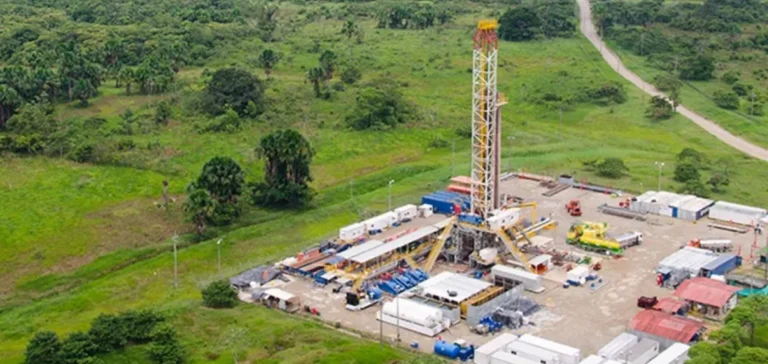Gran Tierra Energy has announced the signing of definitive agreements to acquire all shares held by GeoPark Ecuador S.A. and Frontera Energy Colombia Corp Sucursal Ecuador in the Perico and Espejo blocks as well as their respective consortiums. The transaction, with a total value of $15.55mn, is subject to standard working capital adjustments and includes an additional payment of $1.5mn conditional upon two mn barrels produced from the Perico block as of the start of 2025.
Gran Tierra consolidates its strategy in Ecuador
The completion of the transaction remains dependent on obtaining the required regulatory approvals from the Ministry of Energy of Ecuador. Closing is not expected before the last quarter of 2025, during which Gran Tierra will also take over operations. These acquisitions aim to reinforce the company’s presence in the Oriente Basin, an area regarded as strategic for its regional development portfolio.
According to Gran Tierra, the acquisition of the Perico and Espejo blocks allows for a direct extension of its activities, as the Perico block is adjacent to the Iguana block, already operated by the company, where two oil discoveries were made during the first half of 2025. This geographical continuity provides an opportunity to optimise the use of existing infrastructure and to pool operations.
Valuing reserves and operational synergies
The transaction includes existing production of approximately 2,000 barrels of oil per day based on levels recorded in July 2025, setting the purchase price close to $7,750 per flowing barrel. The Espejo block, located further south, also brings already identified reserves and opportunities for value enhancement through proven technical approaches, including water injection for enhanced oil recovery.
With nearly two decades of continuous activity in the Andean region, particularly in Colombia, Gran Tierra relies on its local experience to integrate these new assets. The company plans to begin the first drilling phase on the Charapa block in September, with two high-potential exploration wells, to accelerate the development of all newly acquired resources.
Strengthening regional position and development prospects
The expansion of Gran Tierra’s portfolio in Ecuador is part of an approach aimed at consolidating its place among the major operators in the regional oil sector. The synergies envisioned with existing infrastructure, combined with the progressive enhancement of reserves, allow the company to consider ongoing optimisation of its production costs.
Gary Guidry, President and Chief Executive Officer of Gran Tierra, stated that these operations “represent a logical and strategic expansion in the Oriente Basin,” adding that the company relies on a disciplined capital approach to maximise the potential of the newly acquired assets.






















